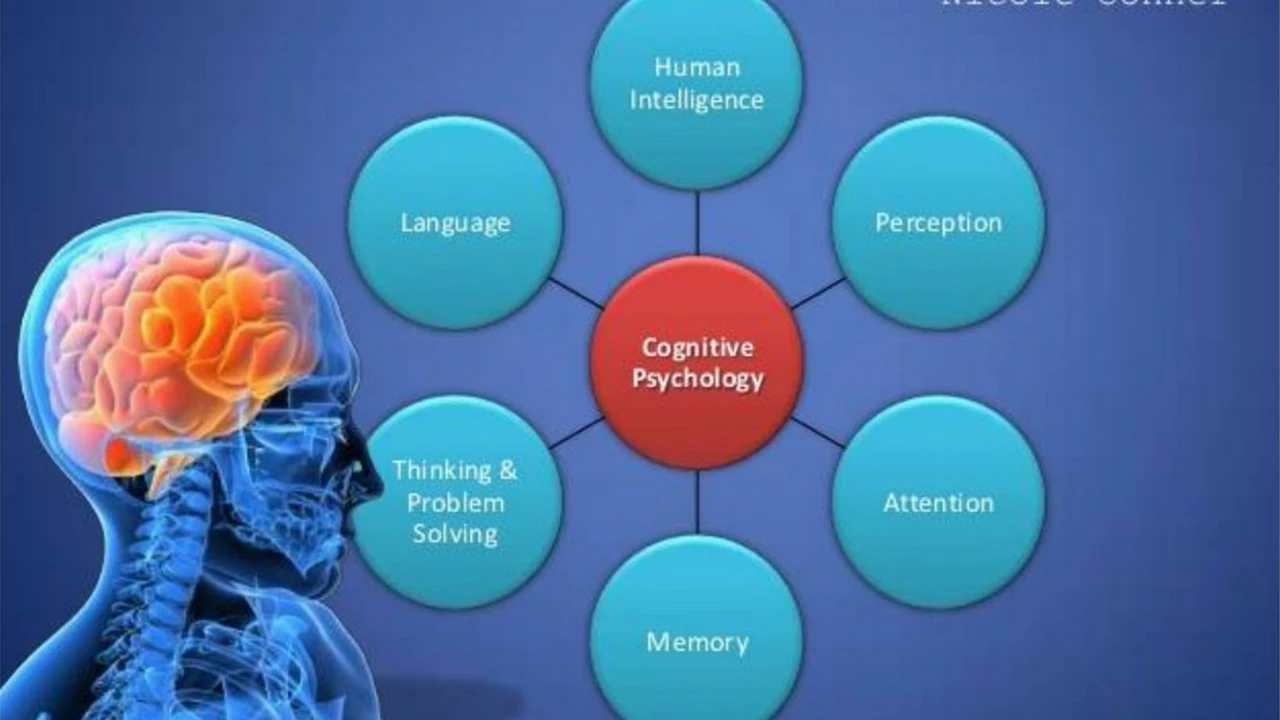
Understanding the Basics of Information Technology
Let's start with the basics. Information Technology (IT) involves the use, development, and management of computers, software, networks, and systems to process and distribute information. It's a field that has become increasingly important in our digital era, with every industry, from healthcare to finance, relying heavily on IT. While it's undeniable that IT is a critical field, many prospective students often wonder: is IT a hard major?
Breaking Down the IT Curriculum
Like any other field of study, the difficulty of IT largely depends on your personal strengths and interests. IT is a broad field that encompasses many different disciplines, such as computer science, information systems, and networking. If you're someone who enjoys problem-solving, logical thinking, and working with technology, you may find the IT curriculum to be more manageable.
The Importance of Mathematics in IT
Many people think that a strong background in mathematics is necessary to succeed in IT. While it's true that certain areas of IT, like data analysis and software development, require good mathematical skills, not all IT roles are math-intensive. For instance, roles in IT support, project management, or cybersecurity may require less mathematical knowledge but more skills in communication, critical thinking, and problem-solving.
Learning Programming Languages
One of the most challenging aspects of IT for many students is learning programming languages. However, remember that programming is a skill that improves with practice. The more code you write, the better you'll become. And with a wide range of resources available online, learning to program has become more accessible than ever.
Dealing with Constantly Evolving Technology
The field of IT is always evolving, with new technologies, tools, and practices emerging all the time. This constant change can be overwhelming for some students. However, if you're passionate about technology and eager to learn, you'll likely find this constant evolution to be one of the most exciting aspects of studying IT.
The Role of Practical Projects
IT is a practical field, and much of what you learn in your coursework will be applied in hands-on projects. These projects can be challenging, but they're also opportunities to apply what you've learned and gain real-world experience. Plus, the sense of accomplishment you feel when you successfully complete a project can make all the hard work worth it.
Time Management and Workload
Like any other major, IT requires dedication and hard work. Balancing coursework, projects, and possibly even a part-time job can be challenging. Good time management skills are essential to keep up with the workload without feeling overwhelmed.
The Importance of Continuous Learning
Even after you graduate, your learning won't stop. IT professionals must constantly stay up-to-date with the latest technologies and trends in the field. This continuous learning can be both a challenge and an opportunity for growth and development.
Job Prospects and Career Opportunities
Despite the challenges, an IT major can open up a wide range of career opportunities. IT professionals are in high demand in nearly every industry, and the field offers excellent job prospects and competitive salaries. Whether you're interested in cybersecurity, data analysis, software development, or IT management, there's likely a role that suits your interests and skills.
Deciding if IT is the Right Major for You
In conclusion, IT is a challenging major, but it's also a rewarding one. It requires hard work, dedication, and a willingness to learn and adapt. If you're passionate about technology, enjoy problem-solving, and are willing to put in the effort, an IT major could be the perfect choice for you.